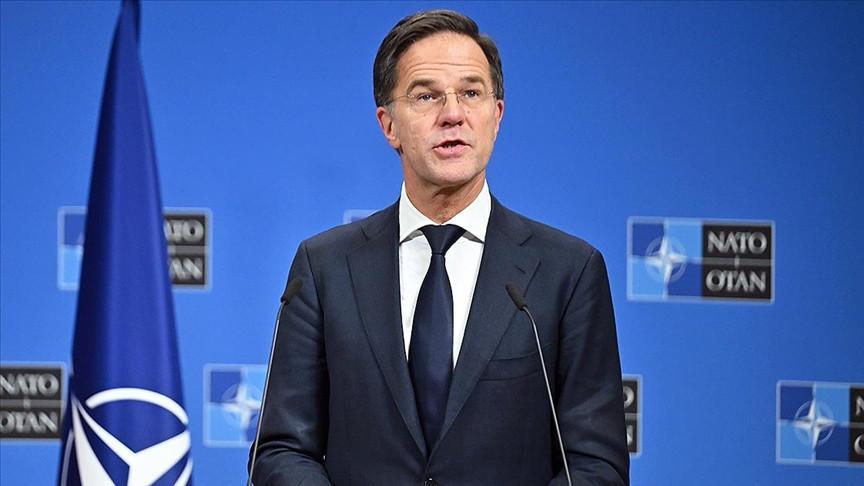NATO Boosts Defense Spending Target Amid Rising Threats
Dr. Lena PetrovaNATO commits to a 5% GDP defense spending target by 2035 amid rising global tensions, aiming to bolster collective security.

NATO has agreed to a significant increase in defense spending, setting a new benchmark for member states amid escalating global tensions. The move comes as the alliance seeks to bolster its collective security and address emerging threats from Russia and other potential adversaries.
This decision made at the NATO Summit in The Hague marks a pivotal shift in the alliance's approach to defense investment.
Highlights
- NATO members commit to spending 5% of GDP on defense by 2035.
- The increase aims to address threats from Russia and bolster security.
- The agreement divides spending into core defense and security-related areas.
Read More: Xbox to be like Office: Everywhere, says Nadella
Top 5 Key Insights
• Increased Defense Budgets: NATO members will allocate 5% of their GDP to defense by 2035, a substantial increase from the previous 2% target. This commitment includes 3.5% for core defense spending and 1.5% for security-related investments.
• Strategic Realignment: The increased spending reflects a strategic realignment to address growing threats, particularly from Russia and China. NATO aims to enhance its military capabilities and readiness to deter potential aggression and protect its members.
• Burden Sharing: The new spending target seeks to ensure a fairer distribution of the financial burden among NATO allies. The United States has long called for increased contributions from other member states to strengthen the alliance's collective defense.
• Investment in Capabilities: The additional funds will be directed towards modernizing military hardware, improving infrastructure, and enhancing cyber defense capabilities. These investments are crucial for maintaining a technological edge and responding effectively to evolving security challenges.
• Economic Impact: The increased defense spending may require difficult decisions for some member states, potentially impacting social welfare programs and other areas of public expenditure. However, proponents argue that a strong defense is essential for long-term security and economic stability.
Read More: Jessica Alba's Net Worth: Acting, Business & Real Estate
Expert Insights
NATO Secretary General Mark Rutte: "Together, allies have laid the foundations for a stronger, fairer and more lethal NATO".
Read More: AI Search Engines Favor Less Popular Sources: Study
Wrap Up
The decision by NATO to increase defense spending represents a significant step towards bolstering the alliance's collective security. As global threats continue to evolve, this commitment underscores the importance of investing in military capabilities and ensuring a strong defense posture.
This move reflects a renewed focus on preparedness and a shared responsibility among member states to safeguard their security and stability in an increasingly uncertain world.
Read More: Trump's $80B Nuclear Reactor Plan Fuels AI Ambitions
Author
Dr. Lena Petrova - A political scientist and geopolitical analyst based in Berlin, specializing in international relations and governance. Her contributions to Enlightnr offer deep insights into how political dynamics shape the world.More to Explore
- Choosing a selection results in a full page refresh.
- Opens in a new window.




